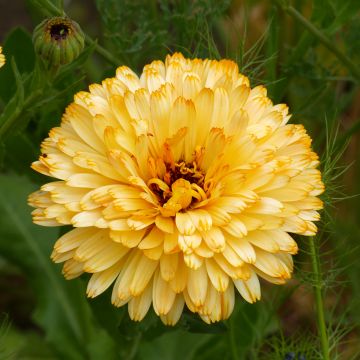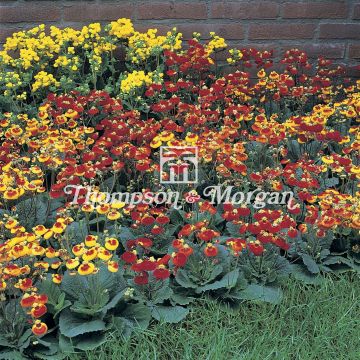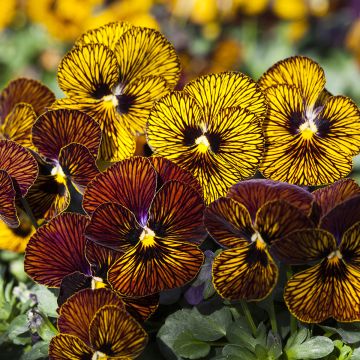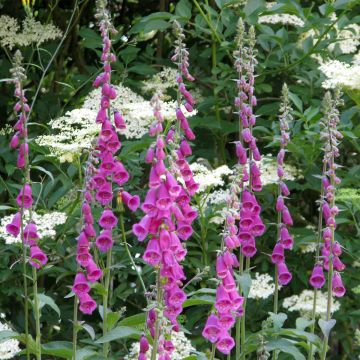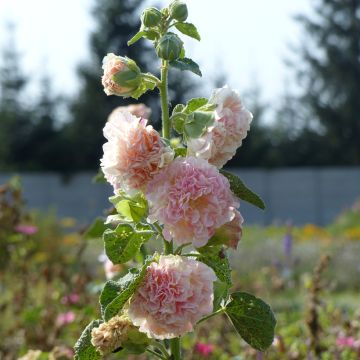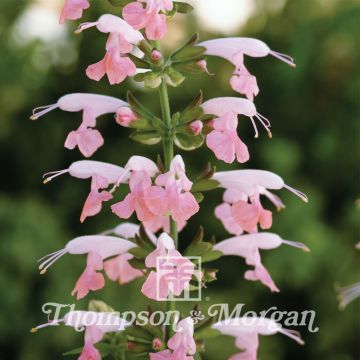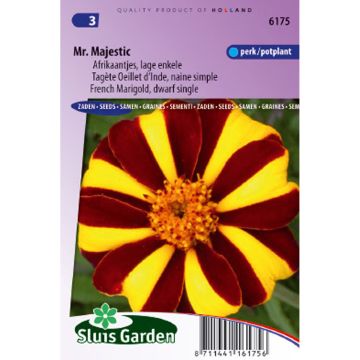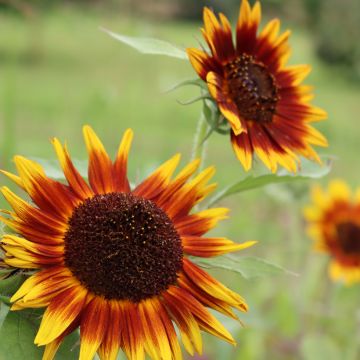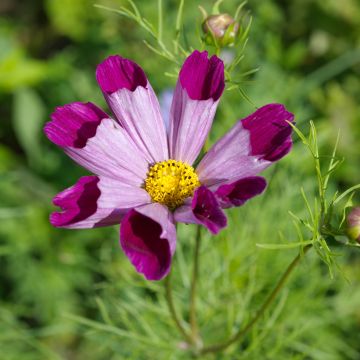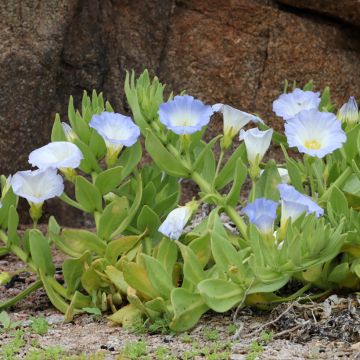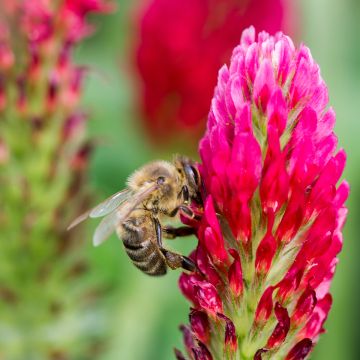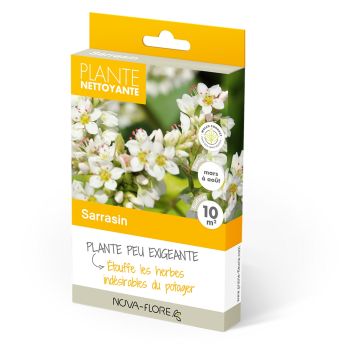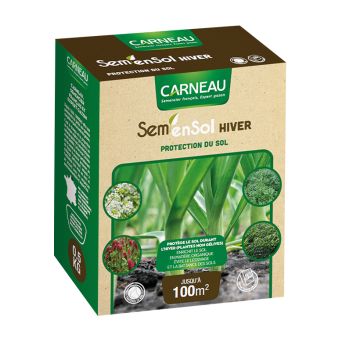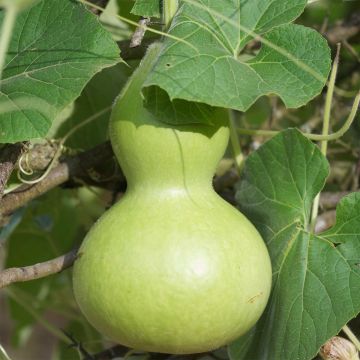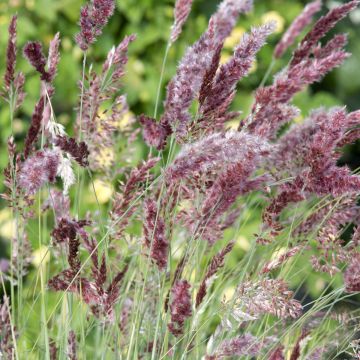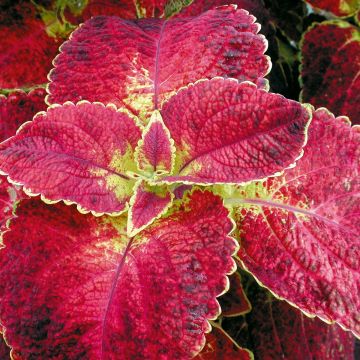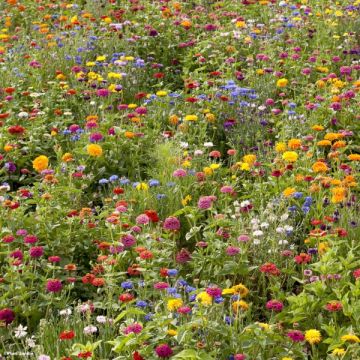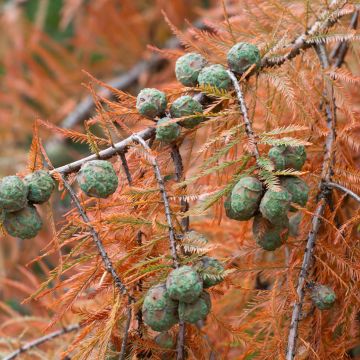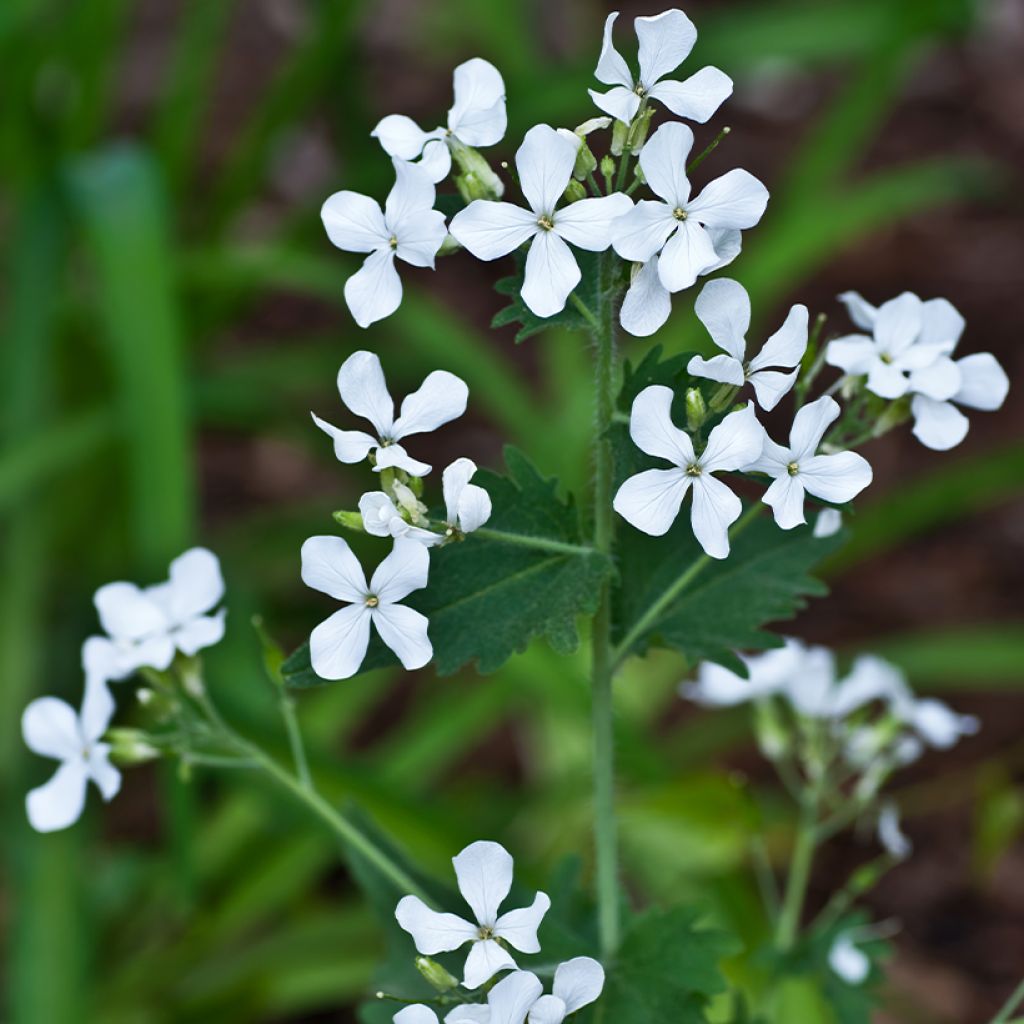

Lunaria annua Alba - Annual Honesty seeds
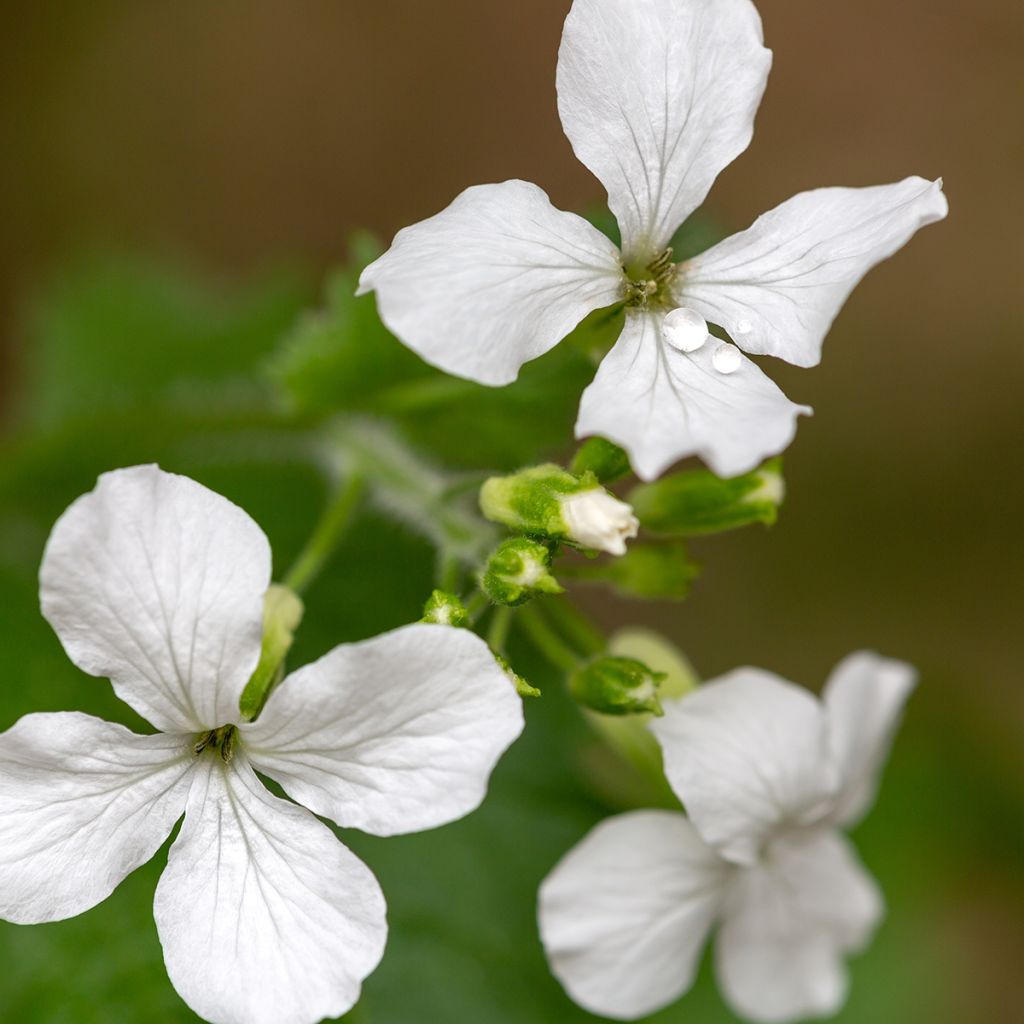

Lunaria annua Alba - Annual Honesty seeds
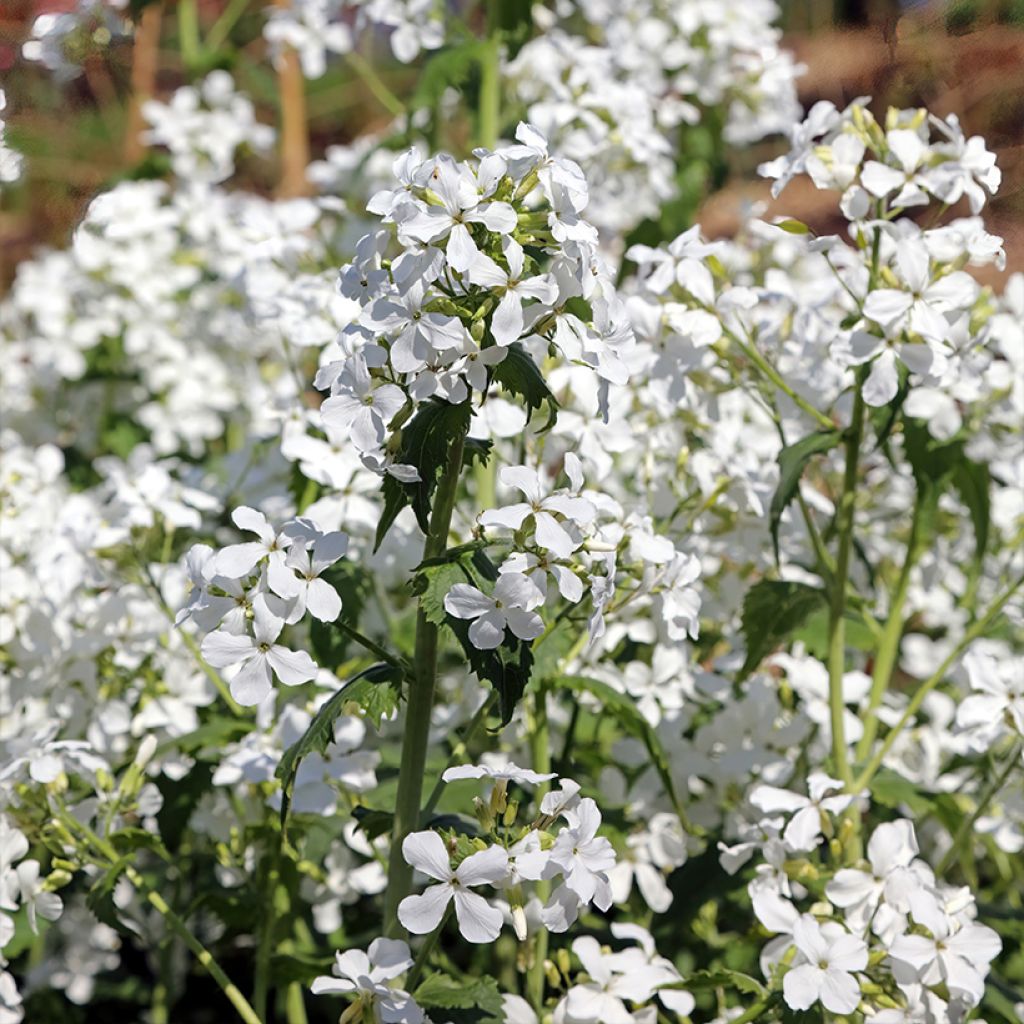

Lunaria annua Alba - Annual Honesty seeds
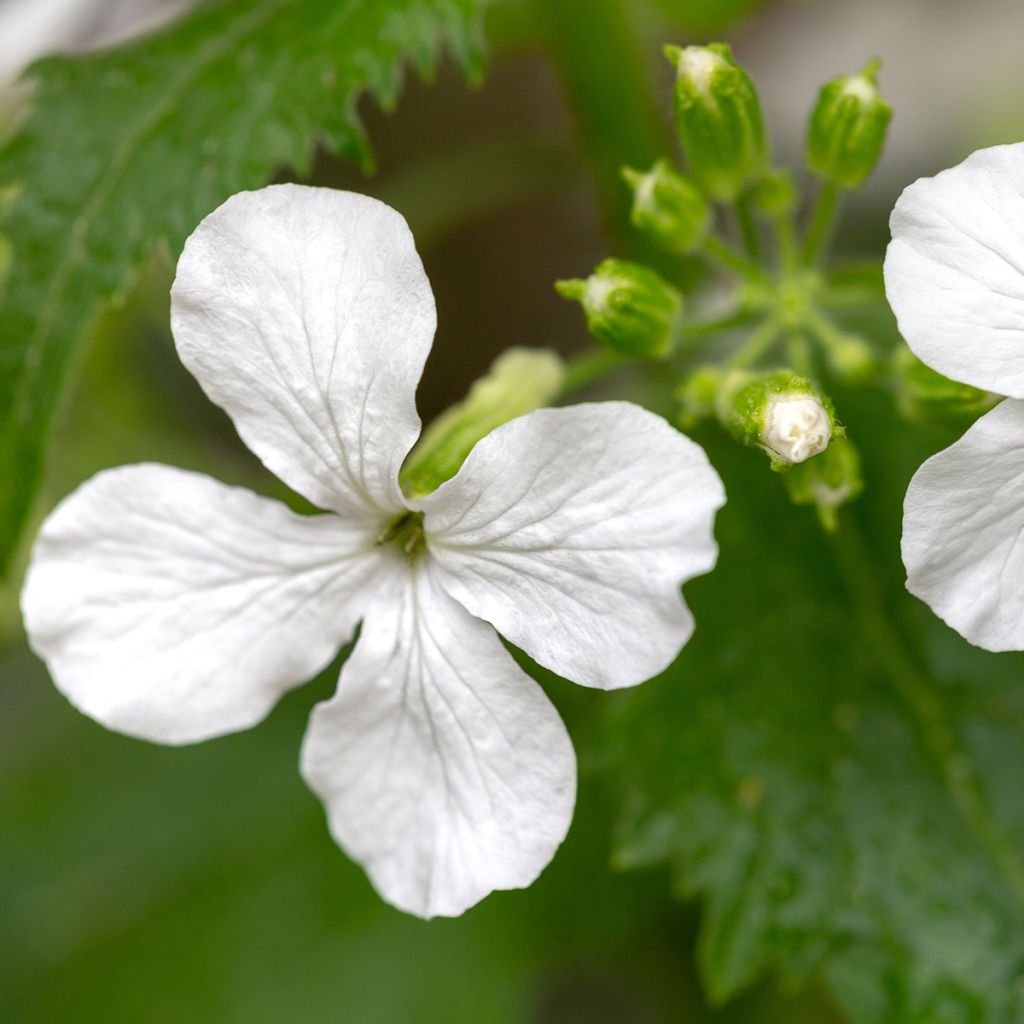

Lunaria annua Alba - Annual Honesty seeds
Lunaria annua Alba - Annual Honesty seeds
Lunaria annua Alba
White Honesty, Money Plant, Silver Dollar, Annual Honesty, Moonwort
Special offer!
Receive a €20 voucher for any order over €90 (excluding delivery costs, credit notes, and plastic-free options)!
1- Add your favorite plants to your cart.
2- Once you have reached €90, confirm your order (you can even choose the delivery date!).
3- As soon as your order is shipped, you will receive an email containing your voucher code, valid for 3 months (90 days).
Your voucher is unique and can only be used once, for any order with a minimum value of €20, excluding delivery costs.
Can be combined with other current offers, non-divisible and non-refundable.
Home or relay delivery (depending on size and destination)
Schedule delivery date,
and select date in basket
This plant carries a 6 months recovery warranty
More information
We guarantee the quality of our plants for a full growing cycle, and will replace at our expense any plant that fails to recover under normal climatic and planting conditions.
Would this plant suit my garden?
Set up your Plantfit profile →
Description
Lunaria annua var. 'Alba' or White Honesty is highly prized in gardens for the beauty of its seed capsules, which are a stunning pearly white. It stands out from the classic species with its abundant white flowering in early spring. With its slender silhouette, it is a must-have in gardens inspired by romance or nature. Its transparent fruits, which reveal the seeds, add a touch of elegance and lightness to the landscape, even during winter. The seed capsules bring a unique touch to floral compositions. Easy to grow, this biennial plant can thrive in both sunny and partially shaded flower beds. It adapts to different types of ordinary soils.
Lunaria, often called Honesty or Money Plant, belongs to the Brassicaceae family, just like cabbage. It naturally grows in meadows, wastelands, and fallow fields in Europe and Asia. Honesty is appreciated for its bright flowering, but it is even more prized for its original decorative seed capsules that remain on the plant during winter. The flowers transform into silvery coin-shaped capsules, containing brown seeds. When these capsules open, the seeds are dispersed and naturally reseed. The shape of these parchment-like 'coins' is what gave the plant its vernacular name "Money Plant" or "Honesty".
The 'Alba' variety is biennial, meaning it flowers in its second year. It forms a rosette of dark green triangular basal leaves in the first year. It is only from the second year onwards that a flower stem, reaching a height of 70 to 80 cm (28 to 32in), develops and offers an abundant cluster of white flowers with four cross-shaped petals at the top. These highly nectar-rich flowers brighten the early spring from March to May and are followed by abundant flat and round seed heads called siliques, measuring approximately 4 to 5 cm (2in) in diameter. These siliques consist of 3 translucent membranes that reveal large brown seeds. Once the seeds have been dispersed, the stems can be used to create beautiful dried bouquets.
White Honesty is a hardy, to -15°C (5°F), and easy-to-grow plant that prefers rich, moist, deep soils. It thrives in partial shade, making it a good choice for shaded areas of the garden, especially under large trees or in shady flower beds. It harmonises well with bulbous plants such as hyacinths, daffodils, or grape hyacinths. If you want to keep it in your garden, you can let the plant naturally reseed itself or sow the seeds yourself in flower beds.
Once dried, the flower stems with their magnificent translucent medallions, are simply spectacular in dry bouquets where they last a long time. If you leave them standing in your garden, they will provide a decorative touch during the dormant season, and attract birds that love their seeds.
Report an error about the product description
Lunaria annua Alba - Annual Honesty seeds in pictures


Flowering
Foliage
Plant habit
Botanical data
Lunaria
annua
Alba
Brassicaceae
White Honesty, Money Plant, Silver Dollar, Annual Honesty, Moonwort
Western Europe
Other Flower seeds A to Z
View all →Planting and care
White Honesty is hardy down to -10°C (14°F) and easy to grow, it can be grown in all regions. It tolerates any type of soil but will appreciate rich, moist, well-drained and deep soil. While it can tolerate full sun, it prefers partial shade, avoiding overly hot exposures.
Direct sowing outdoors: sow in March-April or from August to September to flower the following spring. Sow lunaria in well-drained, finely worked and loosened soil, scatter the seeds at a depth of 3 mm (0in). Cover them with finely sieved compost. Lightly press down. Keep moist until the seedlings emerge (14 to 21 days). Thin out the young plants to keep only one every 30 cm (12in).
Sowing in pots from May to July: Under cover, sow 2 to 3 seeds per pot on the surface of good quality compost, and cover with 2 to 3 mm (0in) of very fine compost or vermiculite. Water regularly and keep in the light, as this aids germination. In September, when the seedlings are developed and large enough to be moved, transplant them to their final place, 30 cm (12in) apart. It is possible to keep the plants under cold cover all winter and plant them the following spring.
During the growing season, only water the Honesty plant if the soil is very dry. Apply compost in autumn or early spring to support flowering.
After flowering, you may be unsure whether to cut the dry flower stalks or not. The faded heads can be kept, they will continue to decorate the borders all winter. If you want to prevent them from reseeding, cut half or even three-quarters of the flower stalks to limit self-seeding.
Sowing period
Intended location
This item has not been reviewed yet - be the first to leave a review about it.
Similar products
Haven't found what you were looking for?
Hardiness is the lowest winter temperature a plant can endure without suffering serious damage or even dying. However, hardiness is affected by location (a sheltered area, such as a patio), protection (winter cover) and soil type (hardiness is improved by well-drained soil).

Photo Sharing Terms & Conditions
In order to encourage gardeners to interact and share their experiences, Promesse de fleurs offers various media enabling content to be uploaded onto its Site - in particular via the ‘Photo sharing’ module.
The User agrees to refrain from:
- Posting any content that is illegal, prejudicial, insulting, racist, inciteful to hatred, revisionist, contrary to public decency, that infringes on privacy or on the privacy rights of third parties, in particular the publicity rights of persons and goods, intellectual property rights, or the right to privacy.
- Submitting content on behalf of a third party;
- Impersonate the identity of a third party and/or publish any personal information about a third party;
In general, the User undertakes to refrain from any unethical behaviour.
All Content (in particular text, comments, files, images, photos, videos, creative works, etc.), which may be subject to property or intellectual property rights, image or other private rights, shall remain the property of the User, subject to the limited rights granted by the terms of the licence granted by Promesse de fleurs as stated below. Users are at liberty to publish or not to publish such Content on the Site, notably via the ‘Photo Sharing’ facility, and accept that this Content shall be made public and freely accessible, notably on the Internet.
Users further acknowledge, undertake to have ,and guarantee that they hold all necessary rights and permissions to publish such material on the Site, in particular with regard to the legislation in force pertaining to any privacy, property, intellectual property, image, or contractual rights, or rights of any other nature. By publishing such Content on the Site, Users acknowledge accepting full liability as publishers of the Content within the meaning of the law, and grant Promesse de fleurs, free of charge, an inclusive, worldwide licence for the said Content for the entire duration of its publication, including all reproduction, representation, up/downloading, displaying, performing, transmission, and storage rights.
Users also grant permission for their name to be linked to the Content and accept that this link may not always be made available.
By engaging in posting material, Users consent to their Content becoming automatically accessible on the Internet, in particular on other sites and/or blogs and/or web pages of the Promesse de fleurs site, including in particular social pages and the Promesse de fleurs catalogue.
Users may secure the removal of entrusted content free of charge by issuing a simple request via our contact form.
The flowering period indicated on our website applies to countries and regions located in USDA zone 8 (France, the United Kingdom, Ireland, the Netherlands, etc.)
It will vary according to where you live:
- In zones 9 to 10 (Italy, Spain, Greece, etc.), flowering will occur about 2 to 4 weeks earlier.
- In zones 6 to 7 (Germany, Poland, Slovenia, and lower mountainous regions), flowering will be delayed by 2 to 3 weeks.
- In zone 5 (Central Europe, Scandinavia), blooming will be delayed by 3 to 5 weeks.
In temperate climates, pruning of spring-flowering shrubs (forsythia, spireas, etc.) should be done just after flowering.
Pruning of summer-flowering shrubs (Indian Lilac, Perovskia, etc.) can be done in winter or spring.
In cold regions as well as with frost-sensitive plants, avoid pruning too early when severe frosts may still occur.
The planting period indicated on our website applies to countries and regions located in USDA zone 8 (France, United Kingdom, Ireland, Netherlands).
It will vary according to where you live:
- In Mediterranean zones (Marseille, Madrid, Milan, etc.), autumn and winter are the best planting periods.
- In continental zones (Strasbourg, Munich, Vienna, etc.), delay planting by 2 to 3 weeks in spring and bring it forward by 2 to 4 weeks in autumn.
- In mountainous regions (the Alps, Pyrenees, Carpathians, etc.), it is best to plant in late spring (May-June) or late summer (August-September).
The harvesting period indicated on our website applies to countries and regions in USDA zone 8 (France, England, Ireland, the Netherlands).
In colder areas (Scandinavia, Poland, Austria...) fruit and vegetable harvests are likely to be delayed by 3-4 weeks.
In warmer areas (Italy, Spain, Greece, etc.), harvesting will probably take place earlier, depending on weather conditions.
The sowing periods indicated on our website apply to countries and regions within USDA Zone 8 (France, UK, Ireland, Netherlands).
In colder areas (Scandinavia, Poland, Austria...), delay any outdoor sowing by 3-4 weeks, or sow under glass.
In warmer climes (Italy, Spain, Greece, etc.), bring outdoor sowing forward by a few weeks.






























